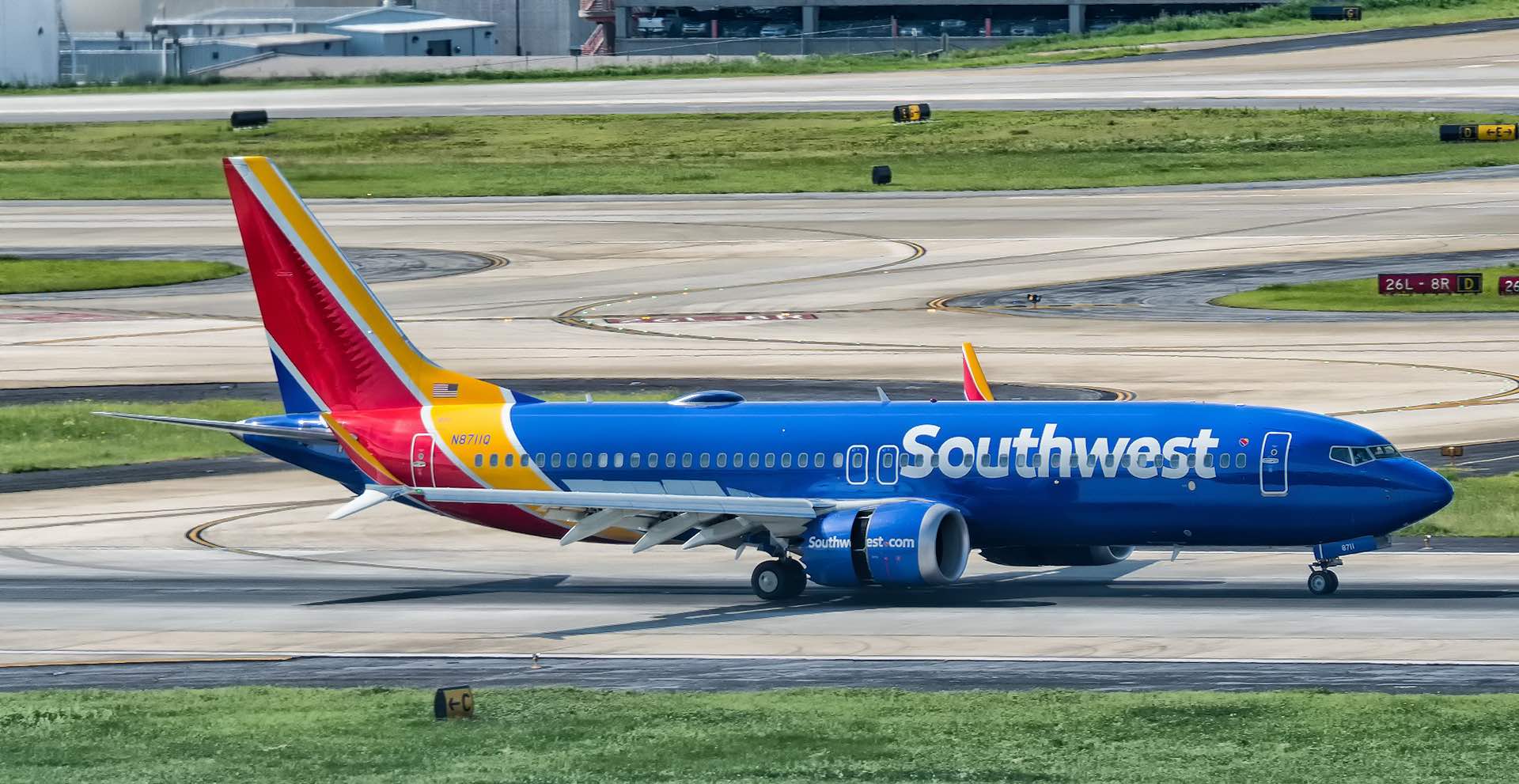
The Heartbreak of Southwest: How Wall Street Killed a Beloved Airline
Southwest Airlines. The name conjures images of friendly flight attendants, affordable fares, and a uniquely American brand of casual, efficient air travel. For decades, it was a shining example of a company that prioritized its employees and its customers, building a loyal following unmatched in the industry. But lately, something has felt…off. The vibrant spirit, the playful approach, the very essence of Southwest seems to be fading, replaced by a chilling sense of corporate coldness. And the culprit, it seems, is the relentless pressure of Wall Street.
The problem isn’t a sudden downturn in profitability, though financial pressures undoubtedly exist. The real issue is a fundamental shift in priorities, a betrayal of the very values that made Southwest a success. The airline, once a beacon of employee empowerment and customer satisfaction, is increasingly succumbing to the short-sighted demands of investors focused solely on maximizing immediate returns. This relentless pursuit of quarterly earnings has led to a series of changes that, while potentially boosting short-term profits, are slowly but surely dismantling the airline’s identity and undermining its long-term viability.
The most visible casualties of this investor-driven transformation are the things that Southwest customers have come to love: its famed employee culture and its flexible, customer-centric policies. The once-celebrated, highly-motivated employees, known for their positive attitude and dedication, are now facing increased pressure, potentially impacting their morale and consequently, the quality of service passengers receive. The spontaneous, human touch that previously permeated every aspect of the flying experience, from gate agents’ cheerful greetings to pilots’ lighthearted announcements, is slowly disappearing.
Furthermore, the changes extend beyond employee relations. The core operational practices that defined Southwest’s efficiency and reliability are also being sacrificed at the altar of short-term profit. These changes, driven by the need to streamline operations and cut costs, are likely to lead to a less flexible and potentially less reliable service. Long-time customers will undoubtedly notice a shift towards a more rigid, standardized approach, potentially sacrificing the airline’s renowned adaptability and ability to handle unexpected situations with grace.
This isn’t simply a matter of adapting to a changing market; it’s a case of sacrificing the soul of the airline. Southwest’s unique corporate culture, a carefully cultivated blend of employee empowerment, customer focus, and a commitment to a fun, engaging work environment, has always been its most valuable asset. It’s what set it apart from the competition and fostered incredible loyalty. By prioritizing short-term financial gains over the long-term value of this culture, the investors are inadvertently destroying the very foundation upon which Southwest’s success was built.
The result is a disheartening transformation. What was once a beloved and innovative airline, known for its unique and successful model, is gradually morphing into something generic and uninspired, indistinguishable from its competitors. The question remains: was the short-term gain worth sacrificing the long-term legacy? The answer, judging by the growing disillusionment amongst employees and customers alike, appears to be a resounding no. The pursuit of profit at the expense of culture and customer satisfaction may have temporarily boosted the stock price, but it’s killing the very spirit of Southwest Airlines.



Leave a Reply